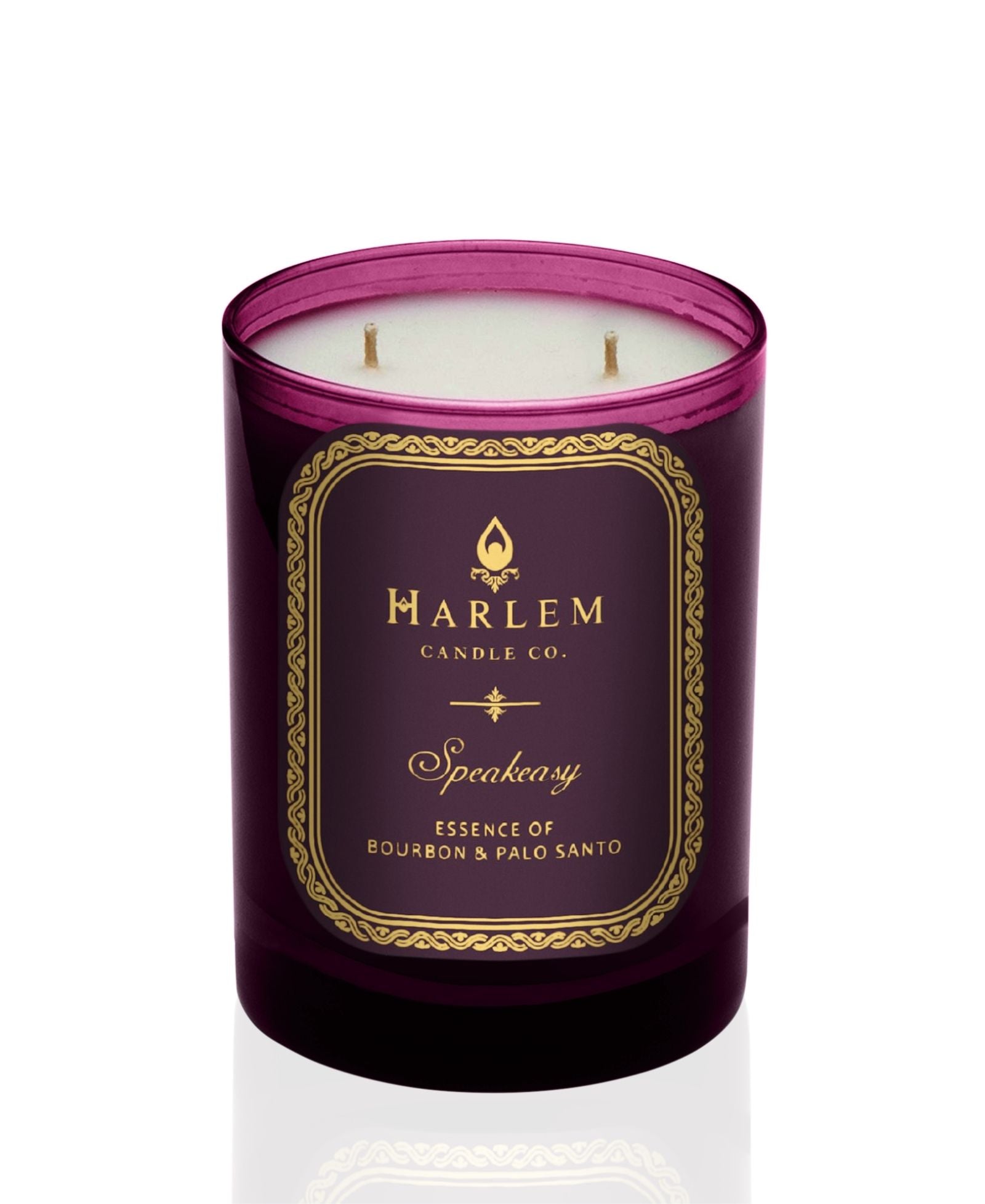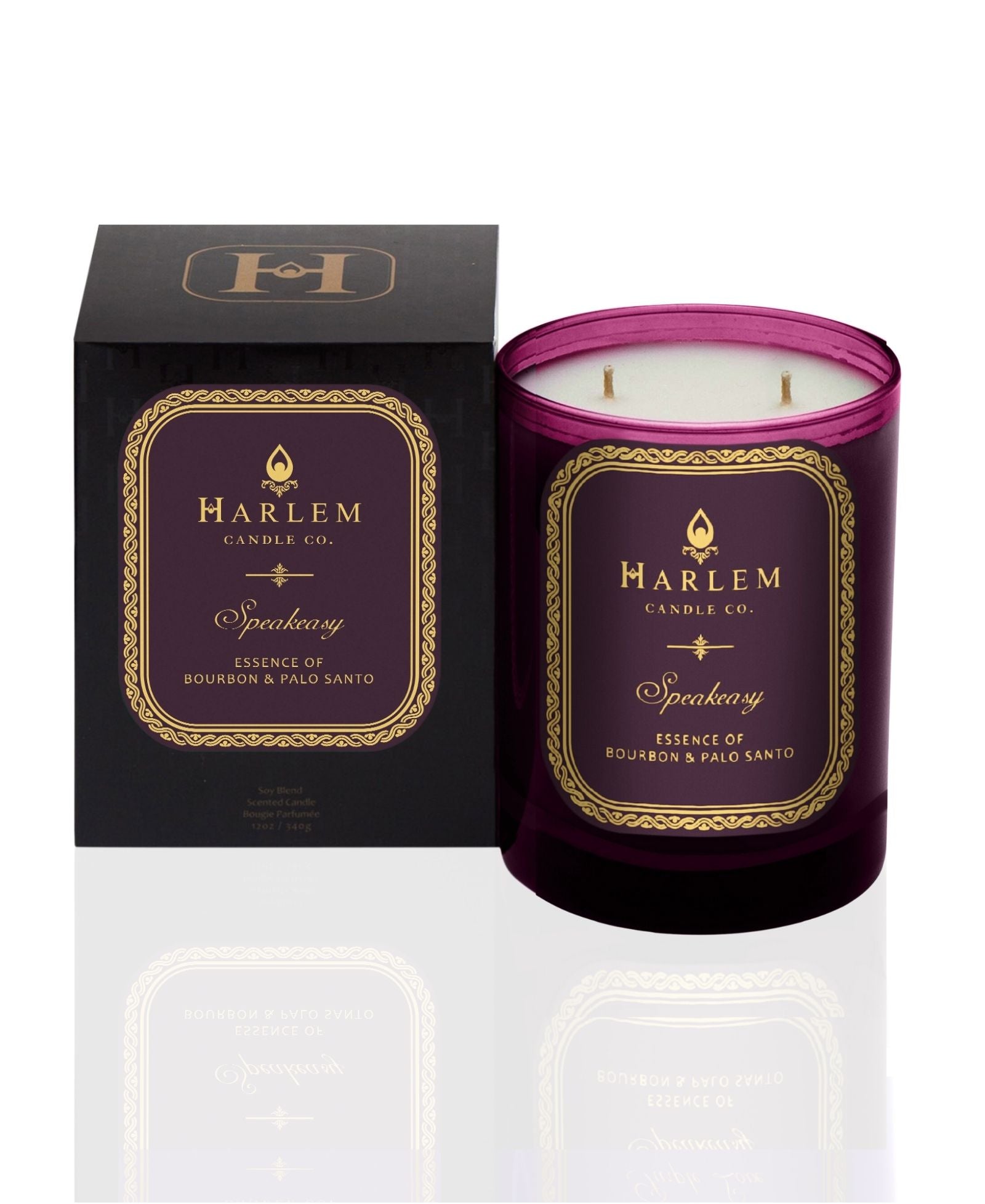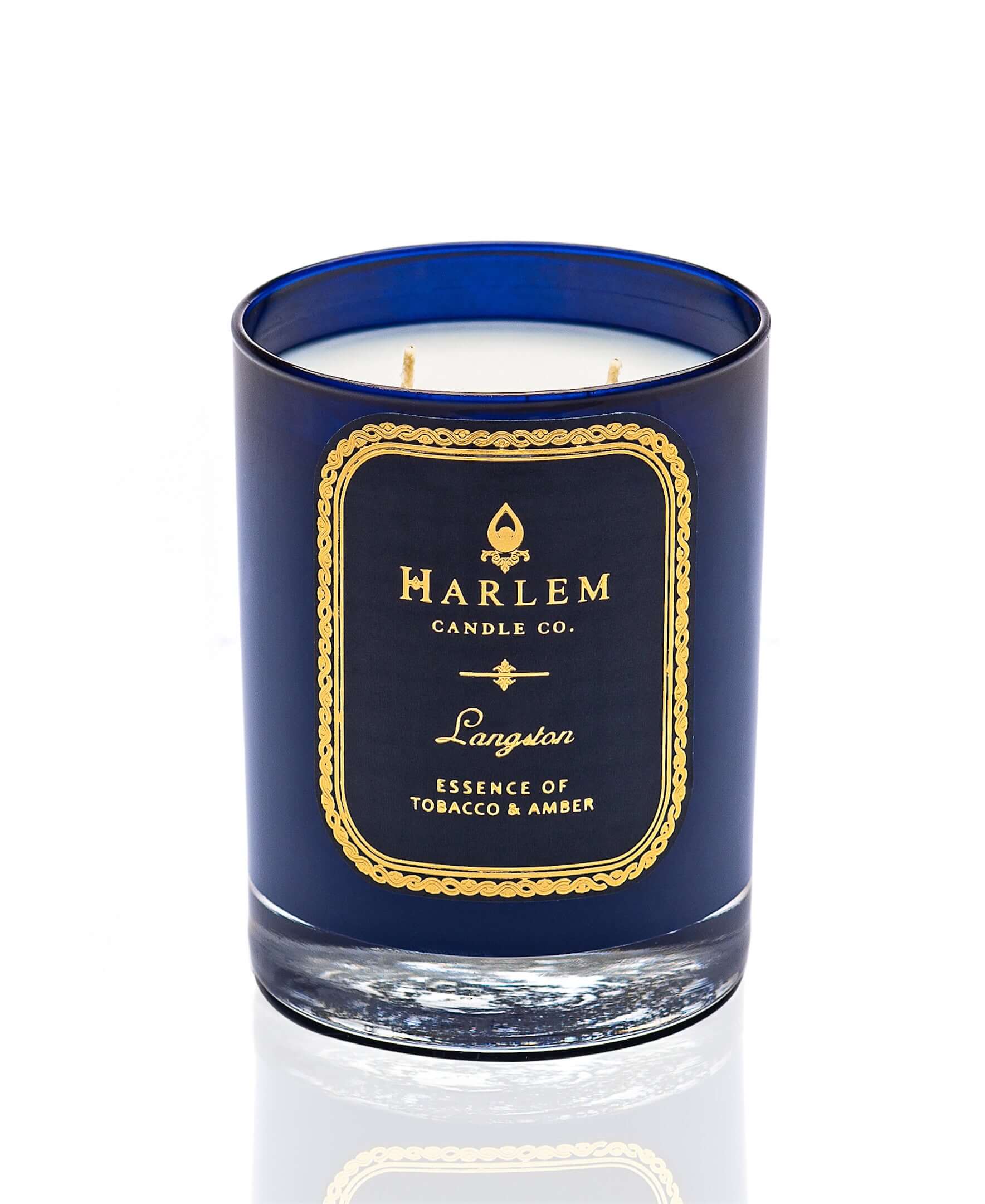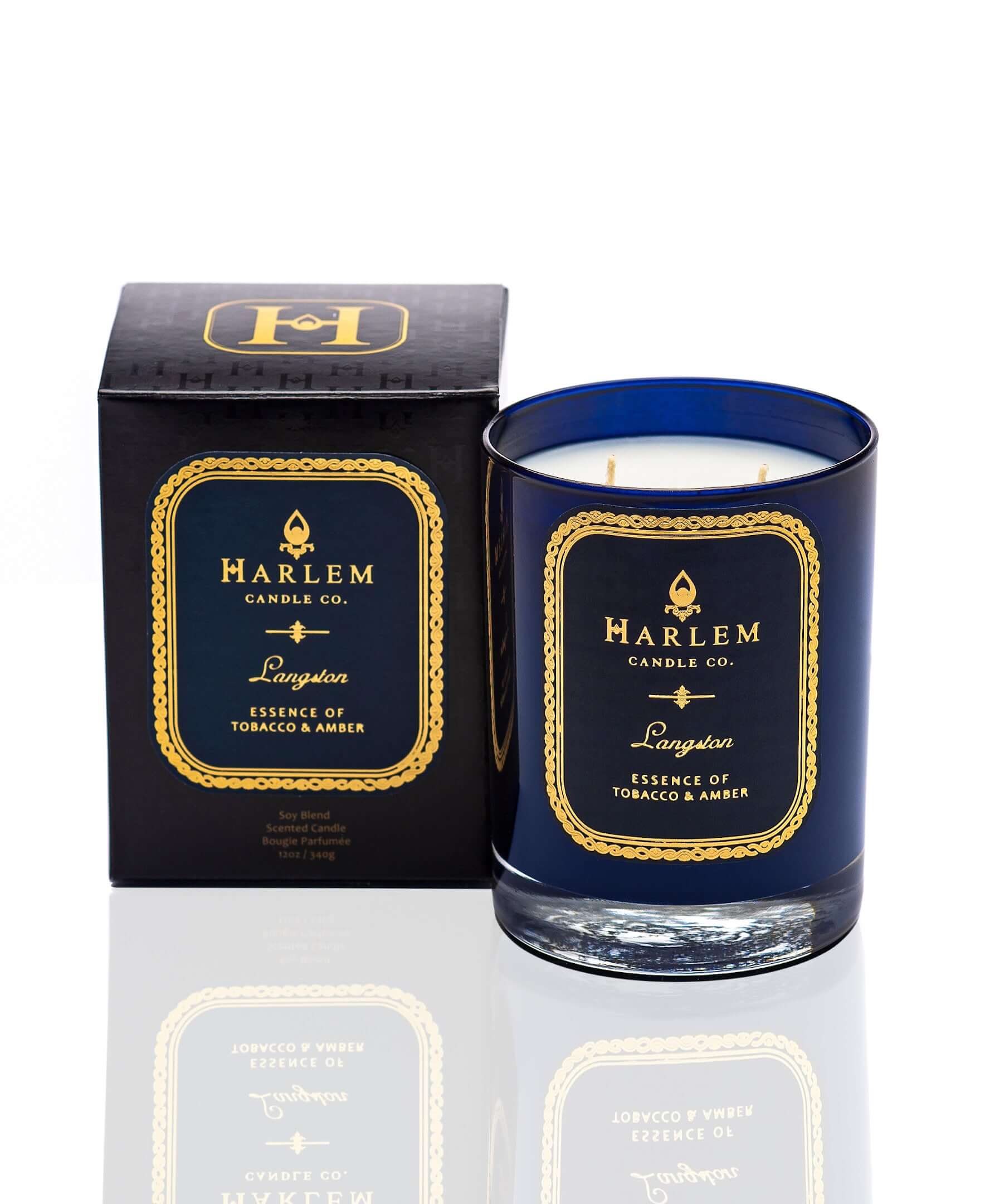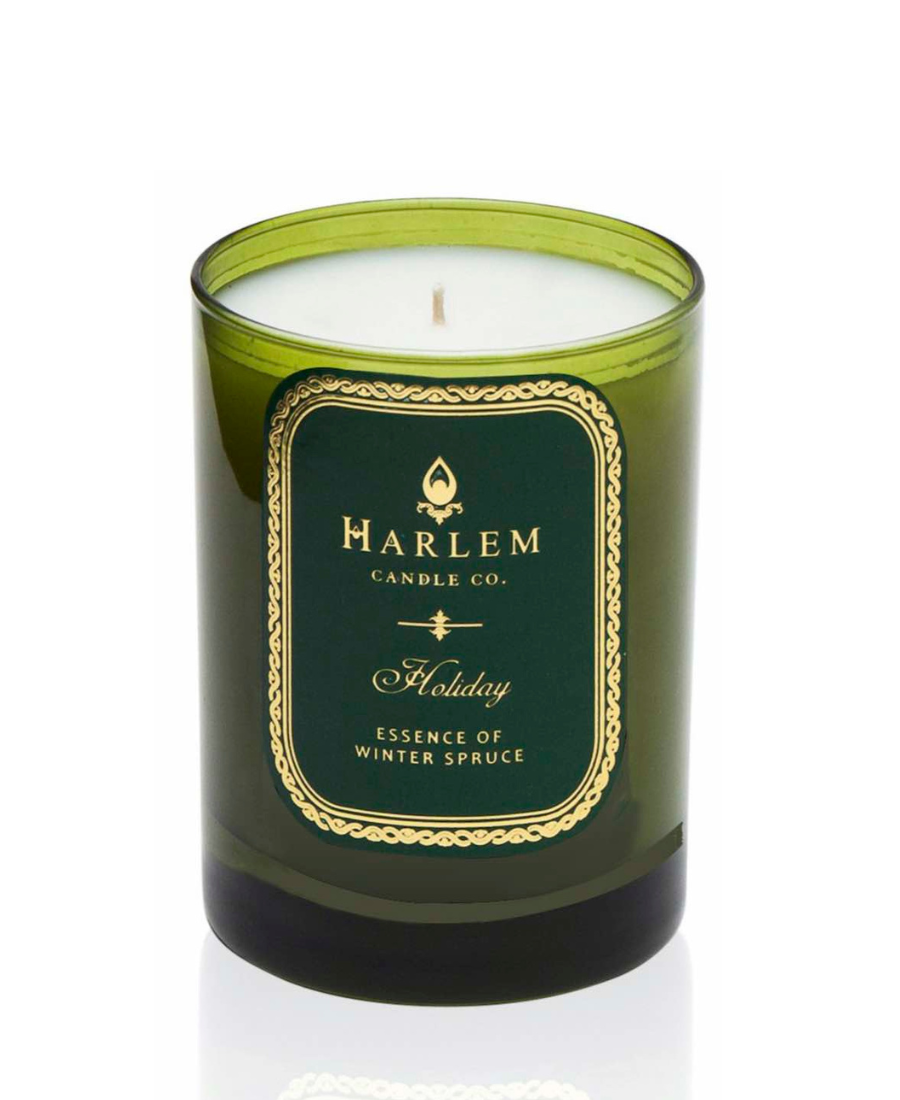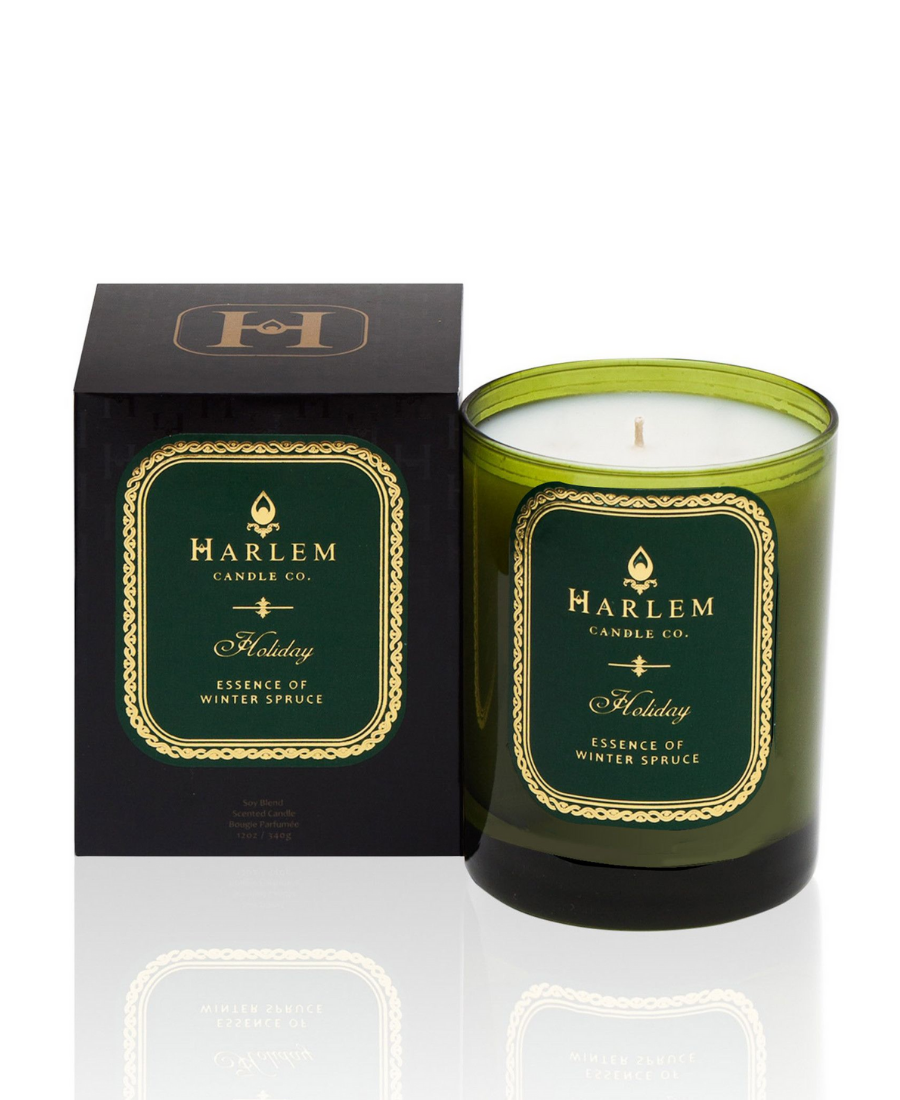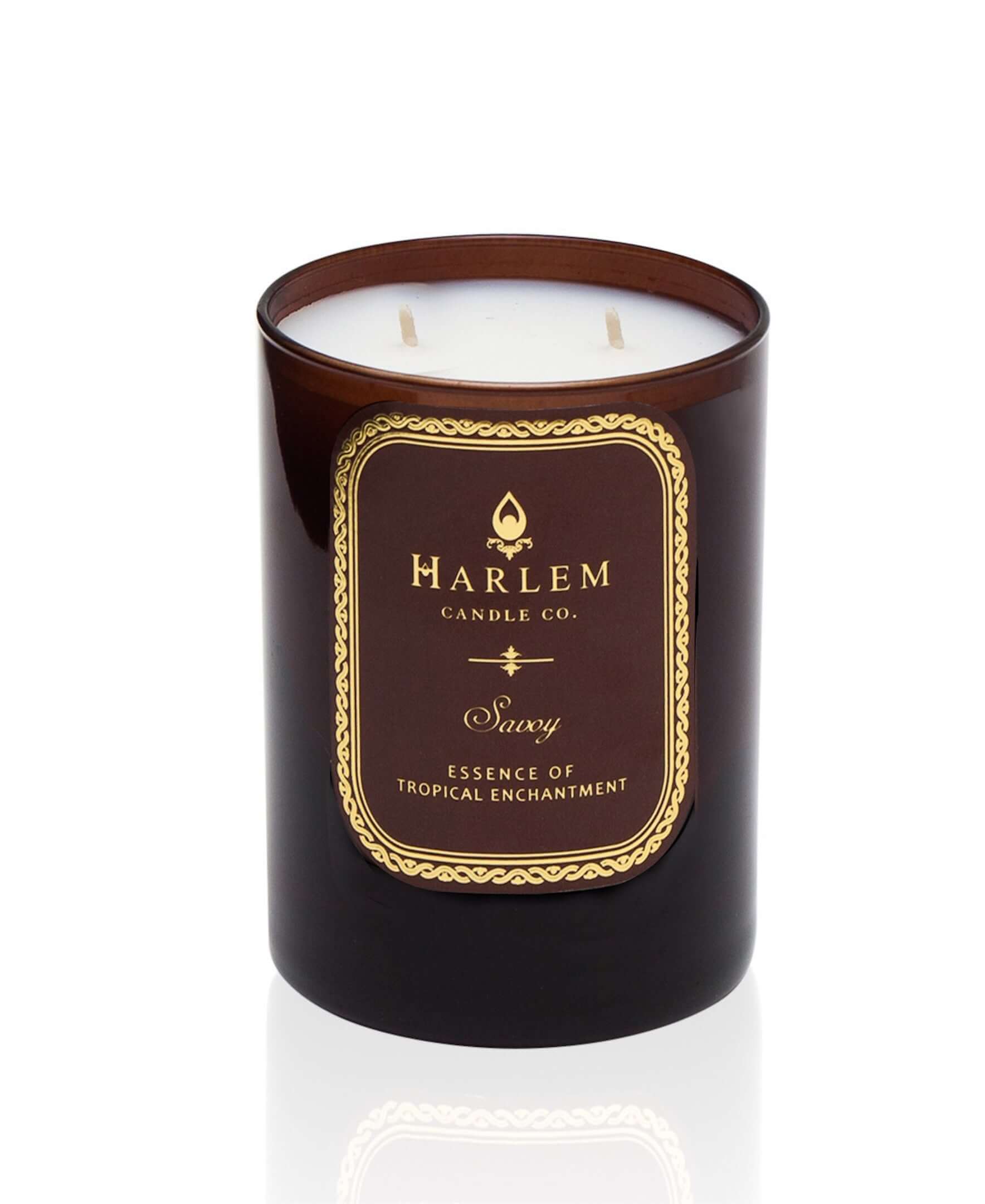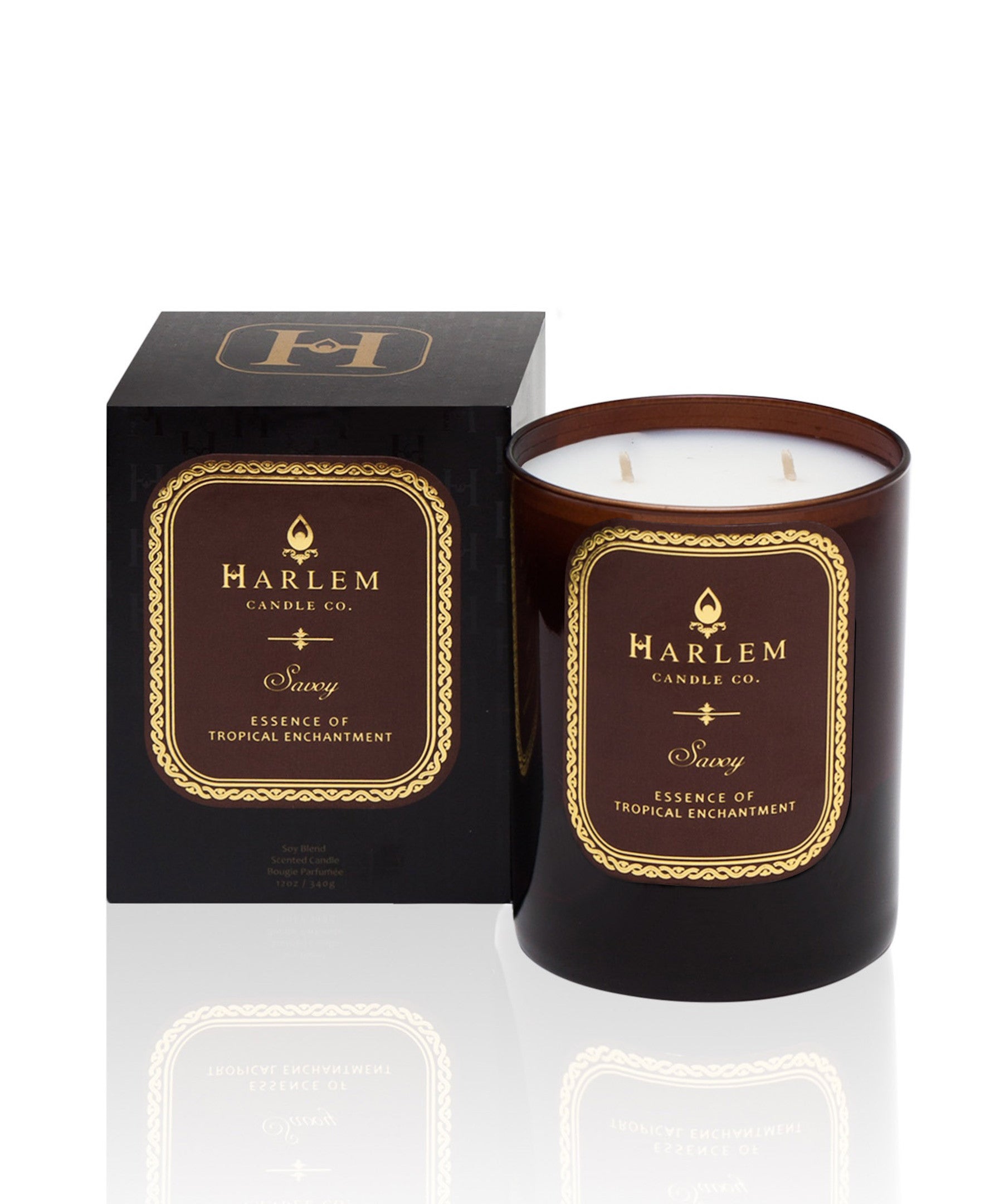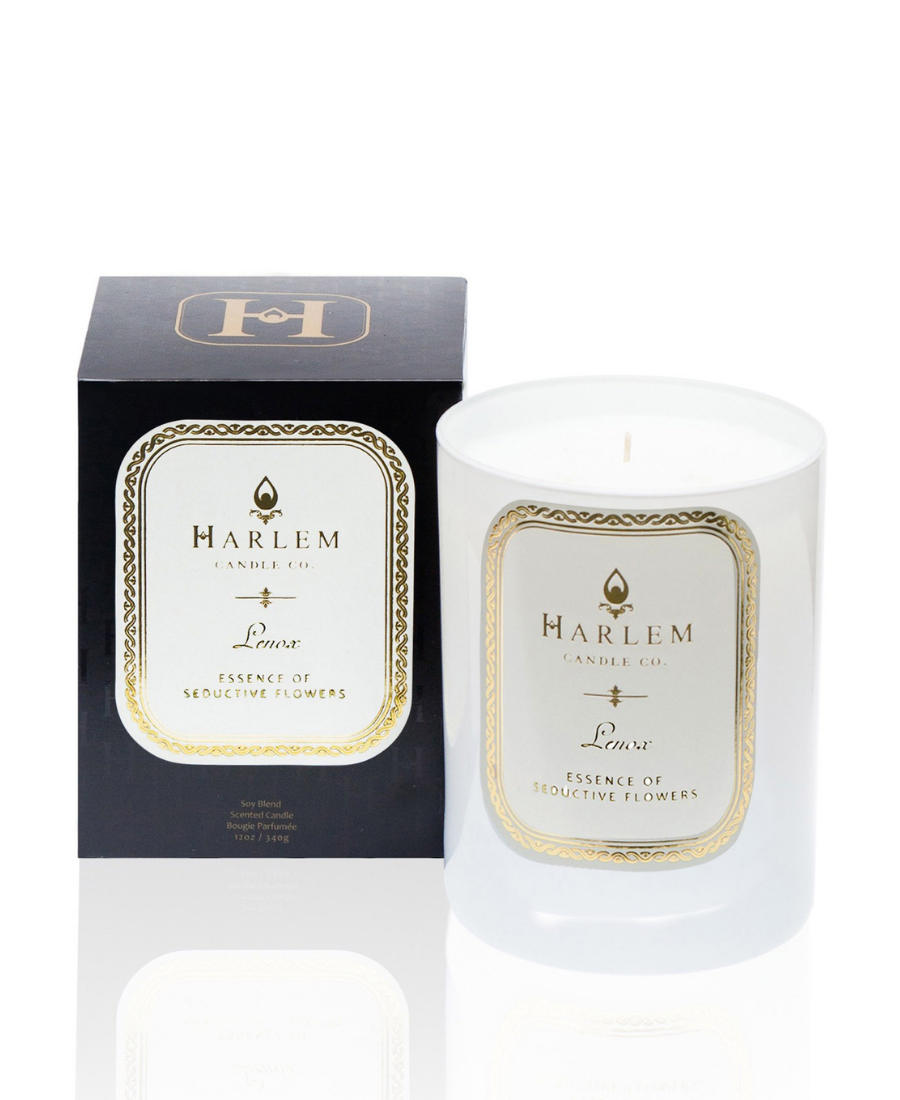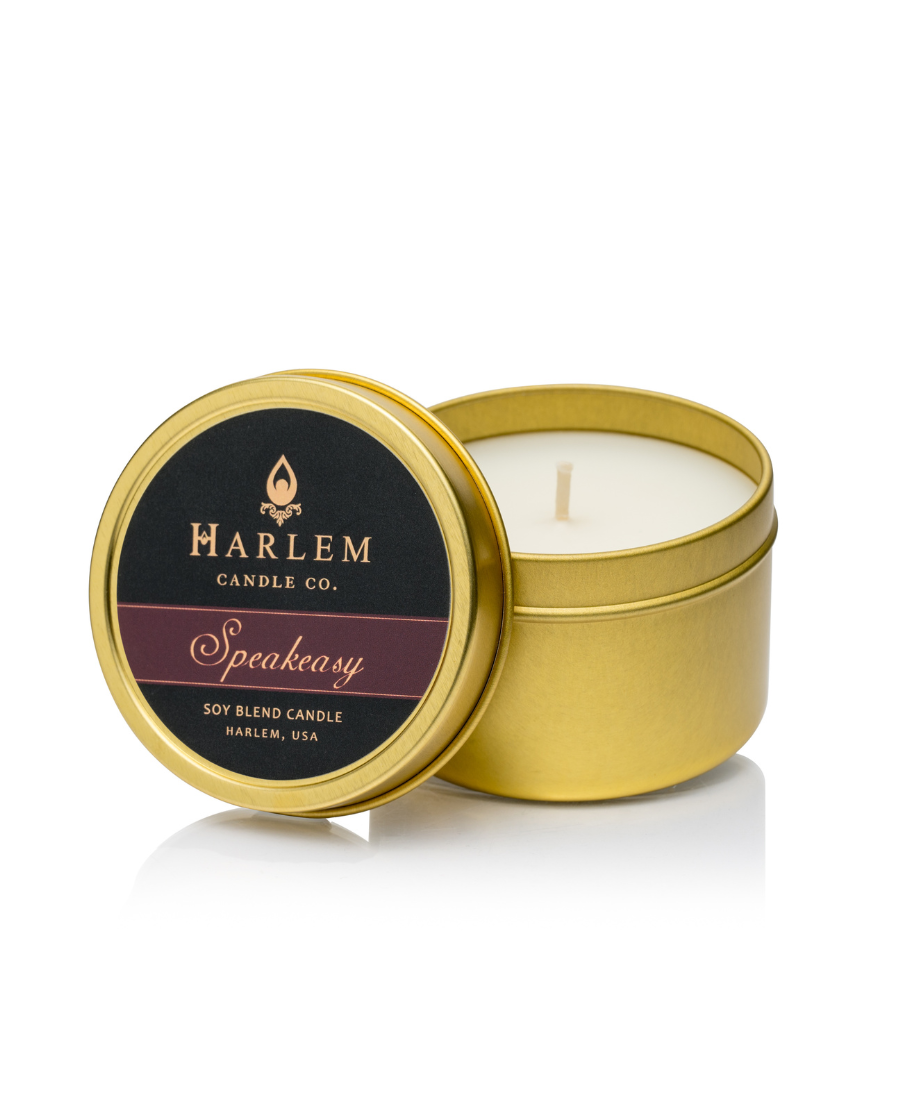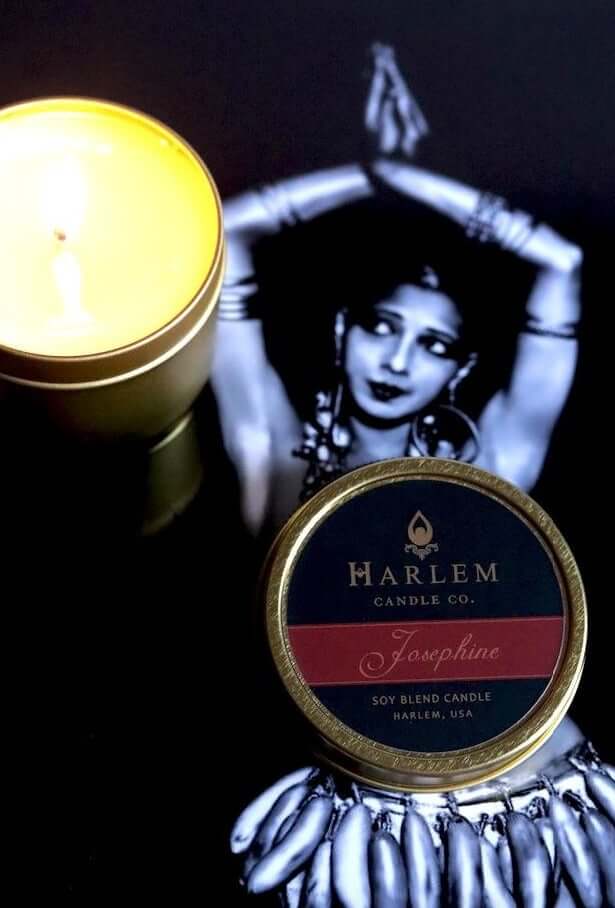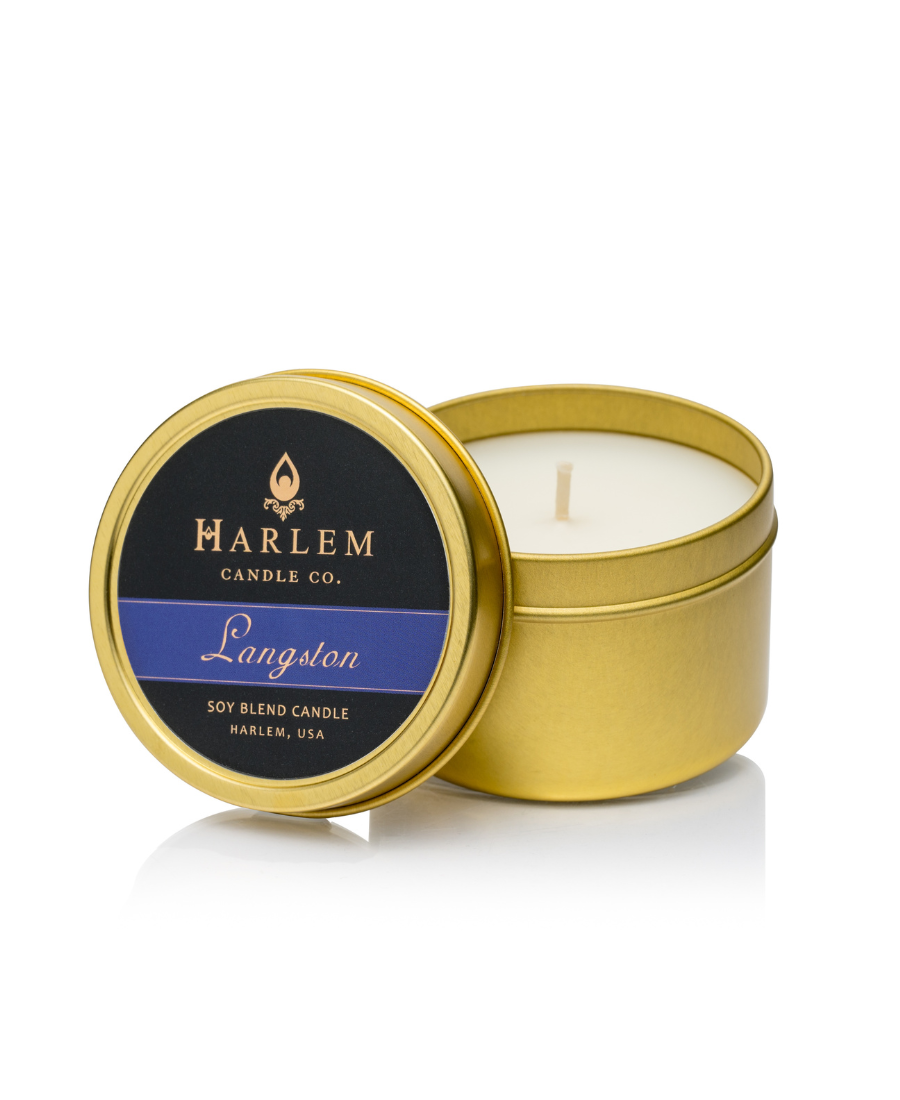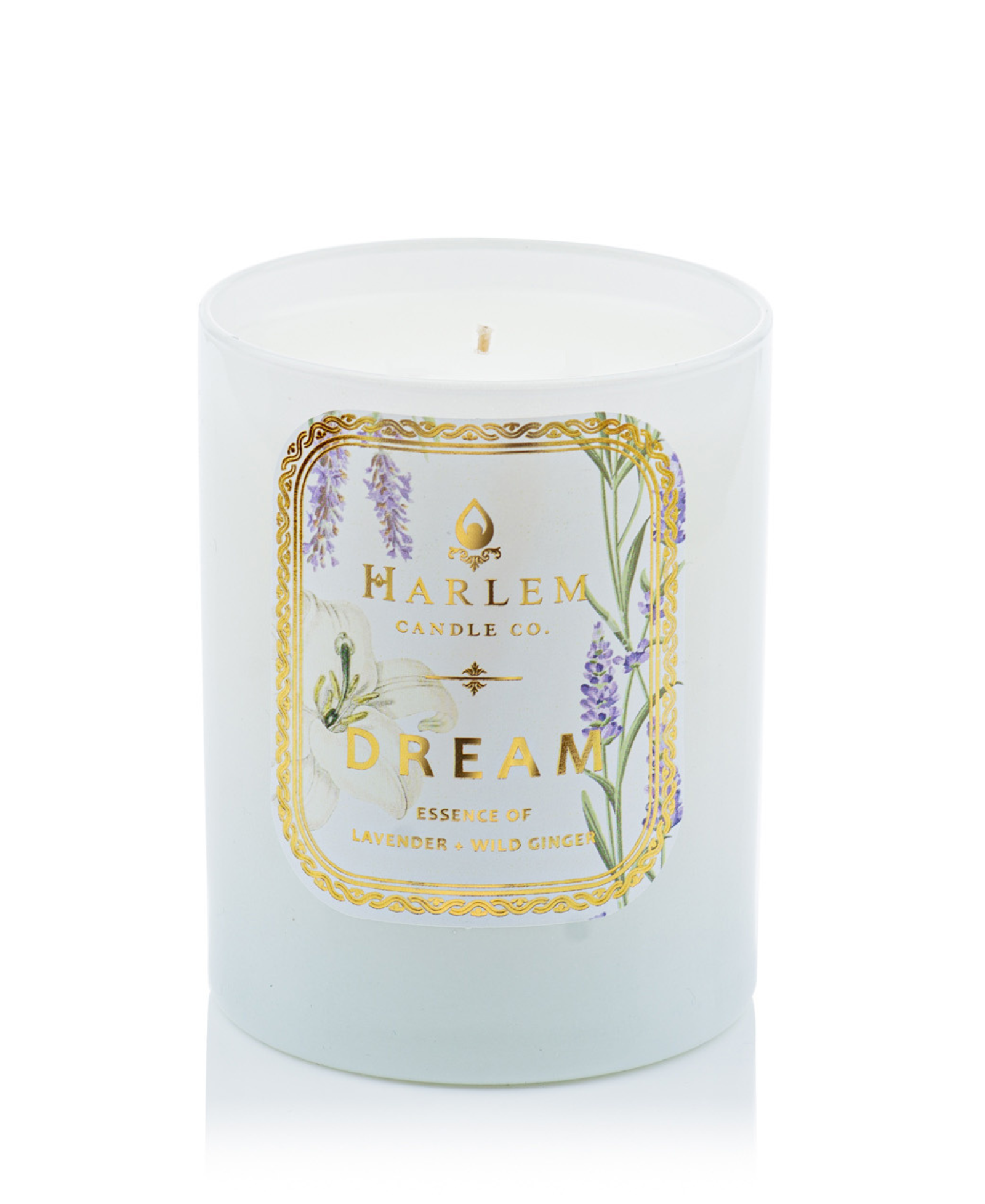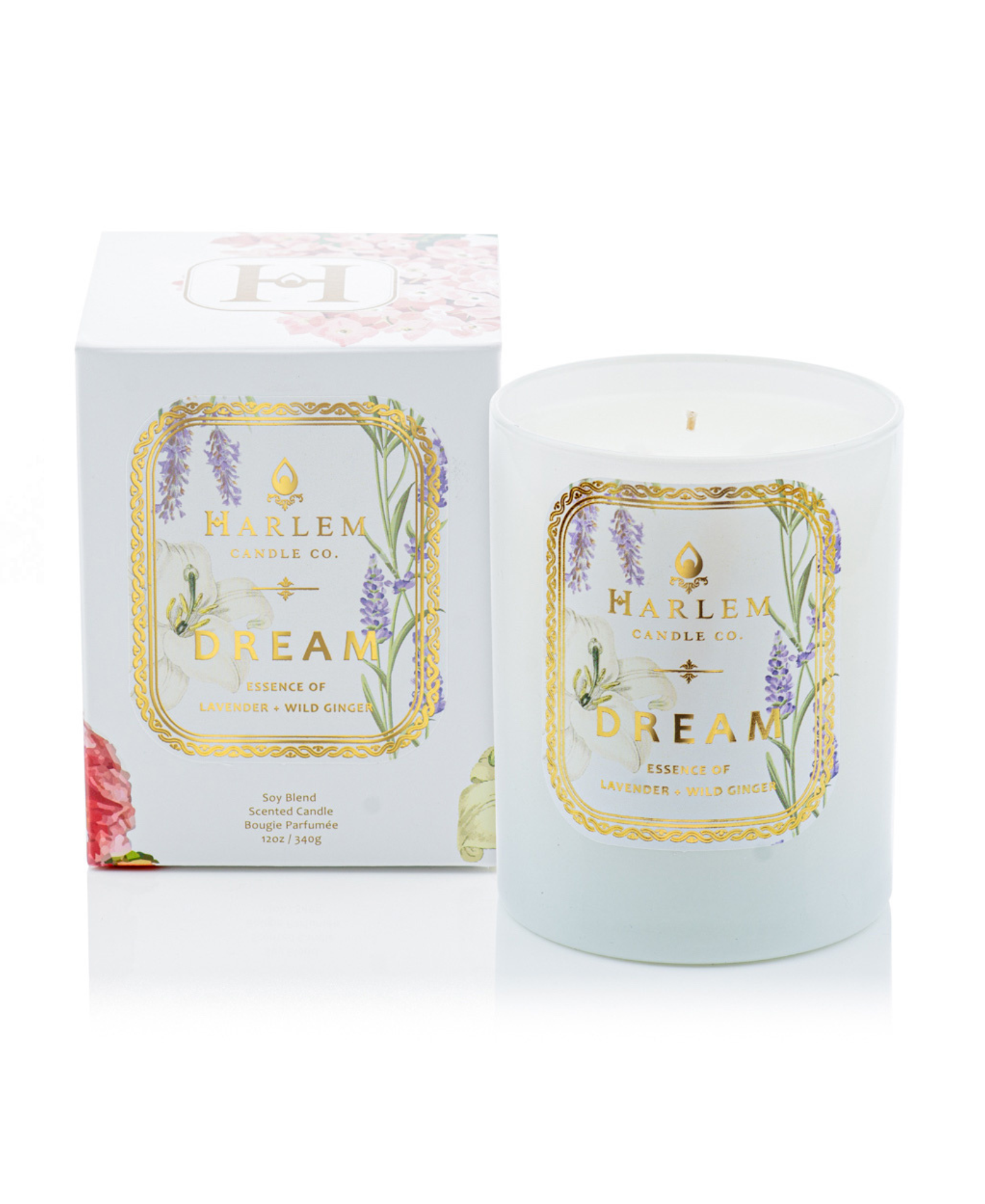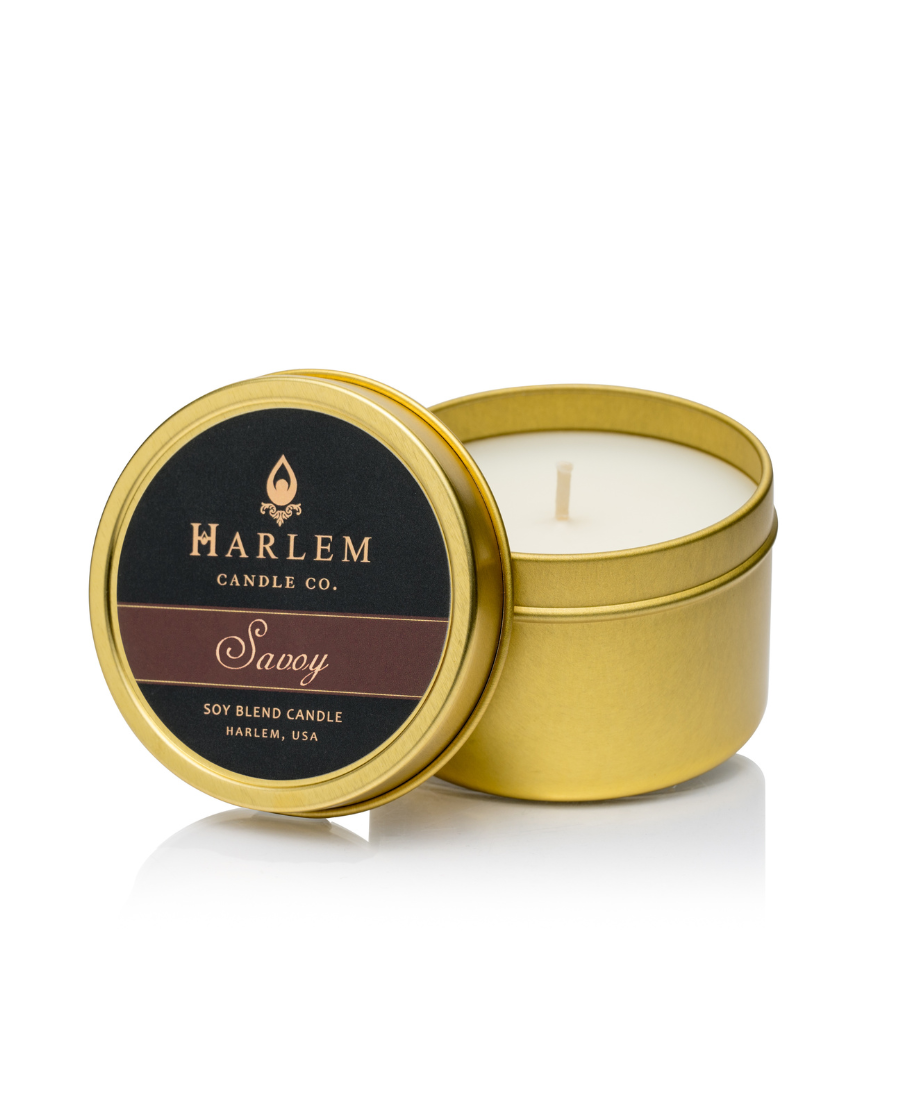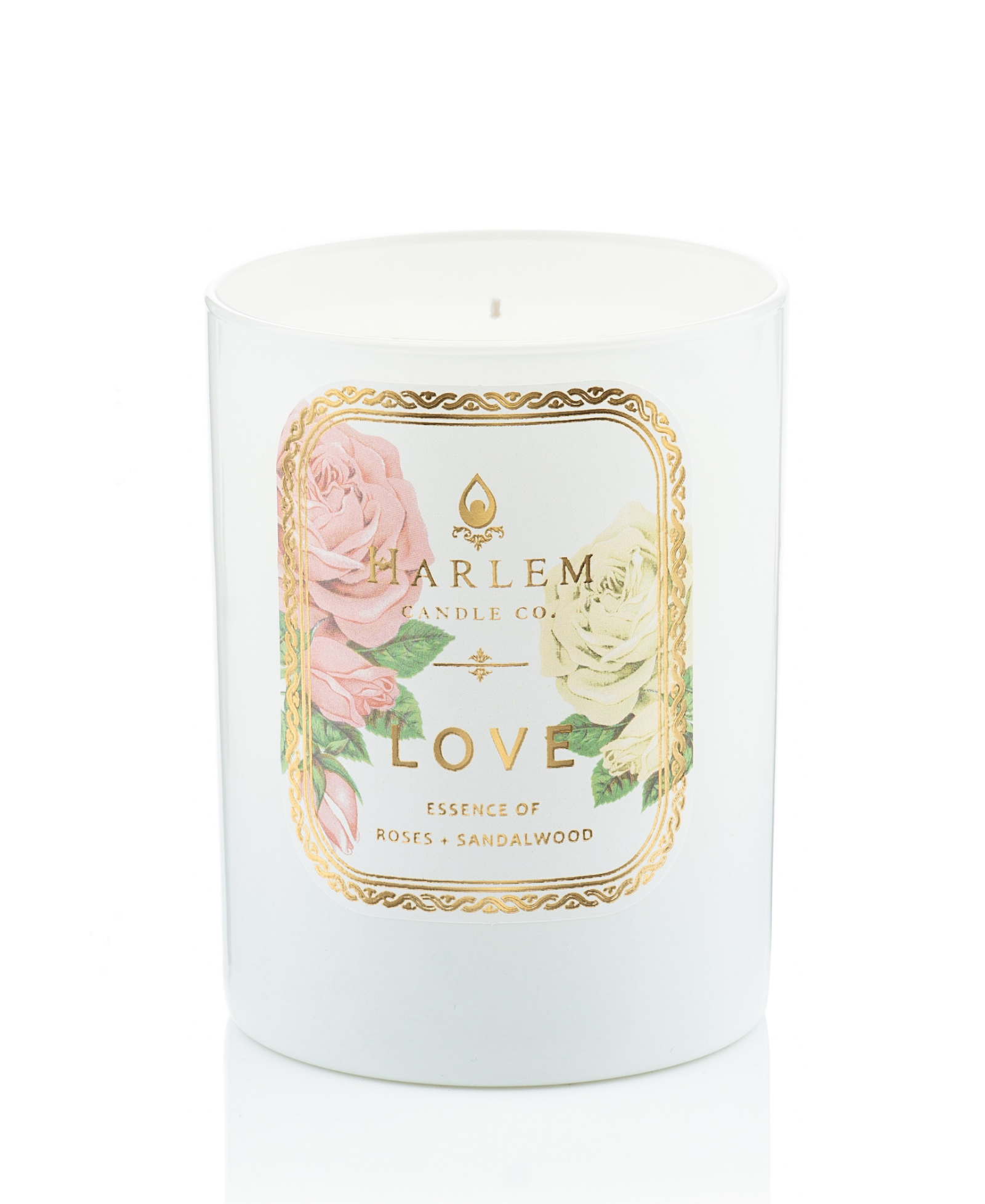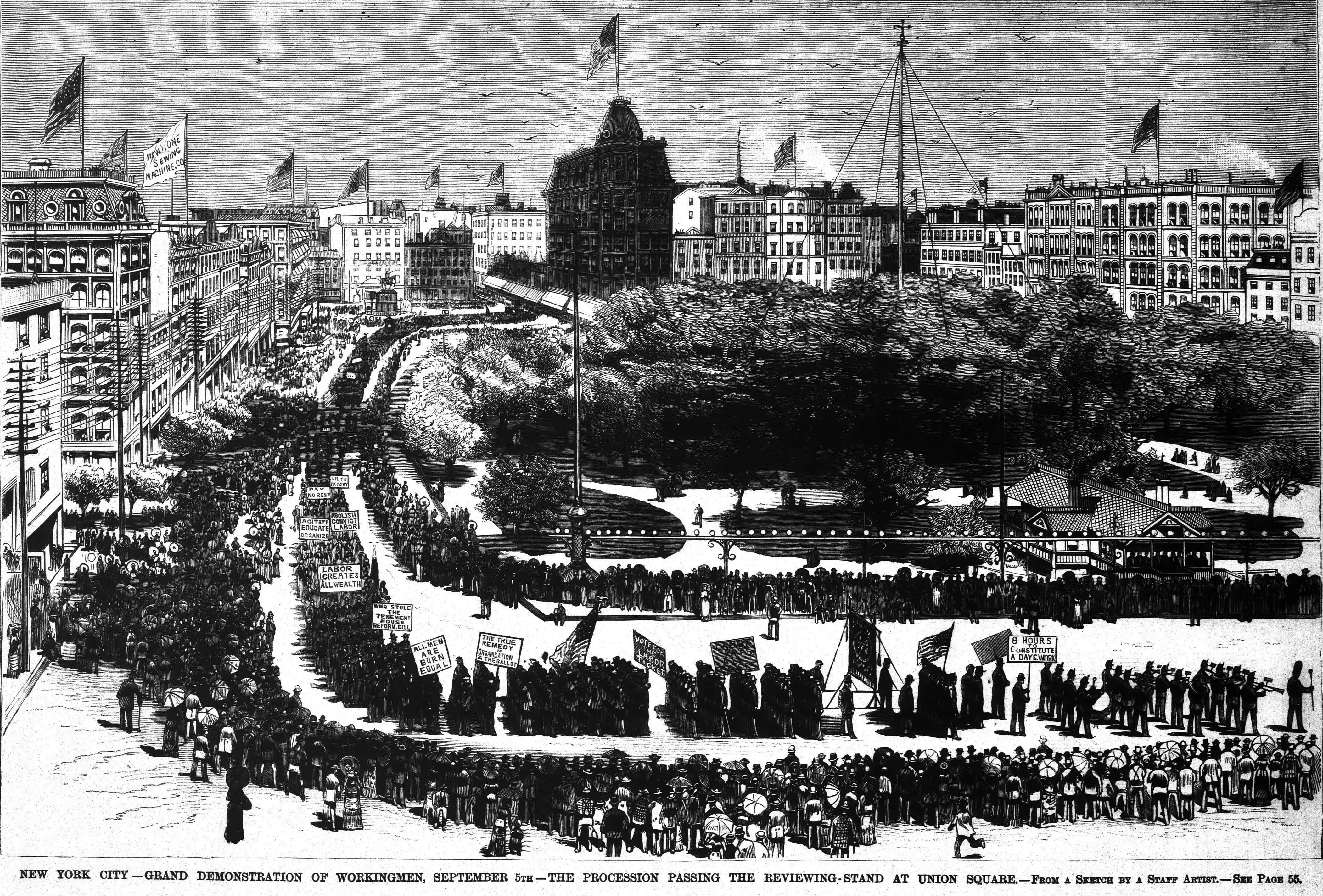
The History of Labor Day in Harlem
Labor Day, a national holiday dedicated to honoring the contributions of workers, has a rich history that varies from one community to another. In Harlem, the observance of Labor Day holds particular significance due to the neighborhood's historical ties to labor movements, civil rights activism, and cultural celebrations.
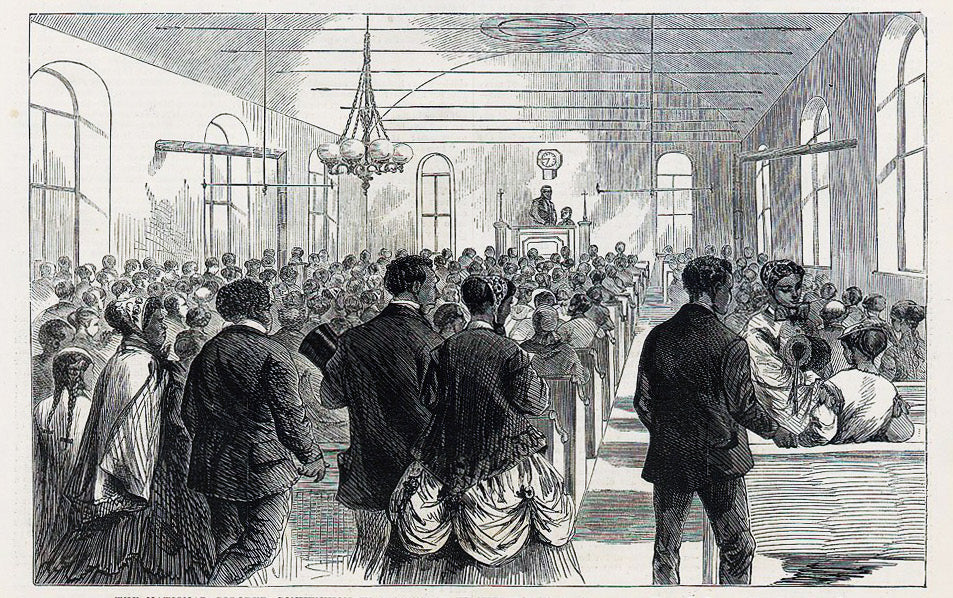
Shaping the Labor Movement
Harlem's connection to the labor movement intersected with the broader struggle for civil rights. Organizations like the National Association for the Advancement of Colored People (NAACP) and the Urban League were founded in the early 20th century to combat racial inequality and economic disparities. Labor unions in Harlem not only fought for better working conditions but also contributed to the fight against racial discrimination.
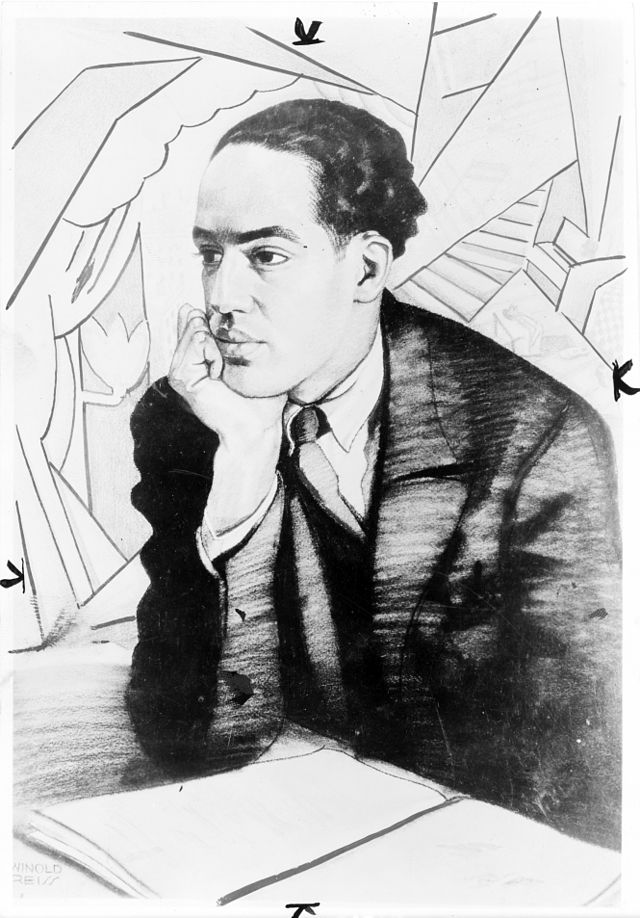
Harlem Renaissance Influence
The Harlem Renaissance, a cultural and artistic movement spanning the 1920s, had a profound impact on the neighborhood's Labor Day celebrations. This period saw the emergence of renowned African American artists, writers, musicians, and poets who highlighted the struggles and aspirations of their community. Labor Day events during this time became opportunities to showcase artistic talents while emphasizing the significance of unity and collective empowerment.
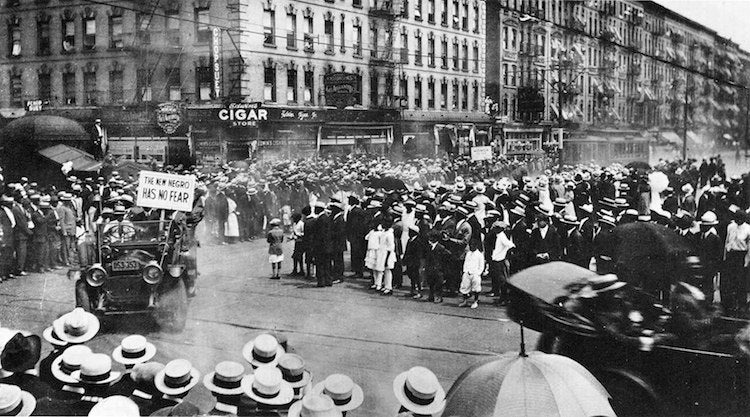
The Significance of Labor Day
Labor Day not only honors workers, but also emphasizes the importance of solidarity within our community. Parades in Harlem often showcase labor unions, civil rights groups, and local businesses, creating a platform for diverse voices to be heard. The holiday serves as an opportunity to reflect on the progress made in terms of labor rights and civil liberties, while also acknowledging the work that remains to be done.
Harlem Candle Co.
Shop All Candles














